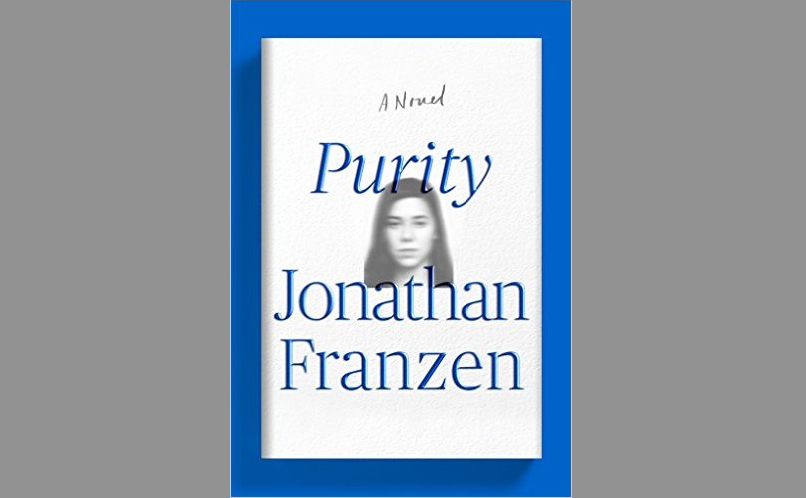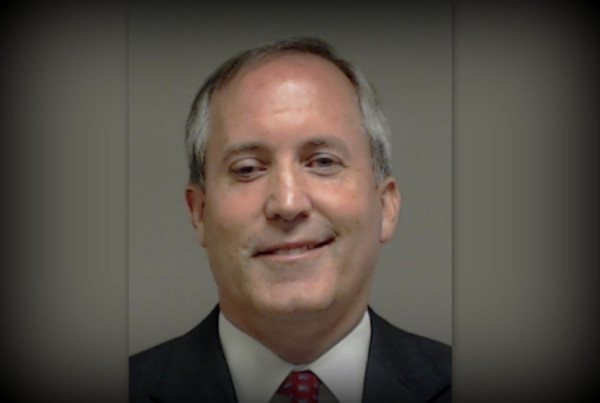The fall book season is upon us and critics are already listing their best book picks. One of these picks is out Tuesday and has a whole plot line devoted to Texas. Some people are discussing it as if it’s the book of the season: Jonathan Franzen’s novel “Purity.” Here with the Texas perspective on it is Clay Smith, editor of the Kirkus Reviews.
Franzen stole America’s attention with his first novel, “The Corrections.” It was a finalist for the Pulitzer Prize and won a National Book Award. Franzen’s new novel is a hefty one: it’s 562 pages long. The plot spans from East Germany — from before the Berlin Wall fell — to Olivia, Mexico; Amarillo, Texas; and Oakland, California.
Smith says the book is vast in terms of scope, but it boils down to one theme: “It’s really the story of a young women in her early 20s who really has no clue who she is.”
The young woman, Purity, is searching for her identity. Her mother refuses to tell her who her father was. She’s known as “Pip,” which Smith says is an allusion to Charles Dickens’ book “Great Expectations.”
“Franzen isn’t heavy-handed about that allusion, he actually has quite a bit of fun with it,” Smith says. “That’s one of the great things about this novel. We follow pip as she goes to all these different places, ferreting out the mystery of who her father is.”
Along the way, Pip meets peace activist Andreas Wolf, who Smith describes as a derivative of real-life Wikileaks founder Julien Assange.
“But I won’t give anything away,” Smith says. “It is a beautiful thing to watch how Franzen knits all these different geographies and stories together.”
Kirkus Reviews gave this novel a star, which is only awarded to about 10 percent of all the books they review. Smith says so far, reviews of “Purity” have been positive, even though it is sometimes difficult fro book critics and the public to separate Franzen’s public persona with the text at hand.
“Every time he gives an interview he seems to put the proverbial foot in the mouth,” Smith says. “He just gave an interview to the Guardian newspaper in London that in order to write about young people he and his partner had considered adopting a child from Iraq to ‘study up’ on how young people think nowadays. Sorry, but that’s not really why you adopt children.”
Franzen is getting a lot of flak online about that comment.
But Smith says the book is one you shouldn’t miss. “If you can divorce what you might know about [Franzen’s] political persona and the egg-headed way he speaks to reporters, this novel is actually a lot of fun,” he says. “It’s beautifully written, it’s beautifully plotted. I totally recommend it. Just don’t read any interviews with him.”
















